Legal trends in the private equity fund industry (October 2023/Total Issue 68)
01
Legal service updates of Yang Chunbao's lawyer team
01
The legal team of Yang Chunbao and Li Chen won the bid for a multi-billion dollar gambling dispute between a well-known state-owned enterprise in Xinjiang and a well-known enterprise
02
Yang Chunbao's legal team was entrusted by a state-controlled listed company to conduct a comprehensive legal due diligence investigation on a landmark commercial real estate project in the North Bund
03
Yang Chunbao's legal team conducted legal due diligence on an aerospace investment fund manager in Beijing on behalf of an industry guidance fund in Shanghai
02
Various announcements from the Asset Management Association
The Securities Investment Fund Association of China (hereinafter referred to as the "Association") issued an announcement on October 13, 2023, saying that Jiangsu Ruigu Private Equity Fund Management Co., Ltd. and its senior manager Ma Lei were suspected of engaging in illegal activities. In view of the fact that the Association cannot cooperate with Jiangsu Ruigu Company and Ma Lei have obtained effective contact and now announce the delivery of the "Prior Notice of Disciplinary Actions". Jiangsu Ruigu and Ma Lei can submit a written defense application to the association or submit a hearing application (only for Jiangsu Ruigu) within 10 working days from the date of announcement. If there is no objection at the expiration date, the association will make a formal disciplinary decision.
The association issued an announcement on October 31, 2023, saying that the existing five institutions including Hangzhou Chunyang Asset Management Co., Ltd. cannot continue to meet the manager registration requirements. The association will cancel the private equity fund manager registration of the five institutions and replace the above-mentioned The situation is entered into the securities and futures market integrity file database. Canceled private equity fund managers and relevant parties shall properly dispose of fund properties under management in accordance with laws and regulations, provisions of the China Securities Regulatory Commission, relevant self-regulatory rules of the association, and fund contract provisions, and protect the legitimate interests of investors in accordance with the law.
03
Typical Cases
The investor commits in writing to confirm that it meets the qualified investor standards stipulated in relevant laws and regulations, has corresponding risk identification capabilities and risk tolerance, and the fund manager has passed the fund contract, "Risk Disclosure Statement" and "Risk Tolerance Assessment Questionnaire", etc. After conducting operations such as risk disclosure and rating, if investors claim that the manager violated suitability obligations and claimed investment losses, the court will not support it.
Case
Disputes between Tang and Rudong Jingjin Private Equity Fund Management Co., Ltd. and other entrusted financial management contracts
【(2023) Beijing 74 Minzhong No. 222】
Main Facts
Referee's Point of View
The court of second instance held that in terms of qualified investors, the "Interim Measures for the Supervision and Administration of Private Equity Investment Funds" clearly stipulates the standards for qualified investors in private equity funds. In this case, Jingjin Company used various methods such as the "Risk Tolerance Assessment Questionnaire" and "Account Business Application Form" to evaluate Tang Moumou's risk identification ability and risk bearing capacity, and Tang Moumou has made a written commitment that he is a qualified investment or conditions. Tang Moumou checked "500,000 to 3 million yuan" in the financial assets column and "50,000 to 150,000 yuan" in the annual income column in the "Risk Tolerance Assessment Questionnaire" attached to the fund contract, but other However, in the annual income column of the applicant's supplementary information in the "Business Application Form", "500,000 yuan - 1 million yuan" was checked; in addition, Tang Moumou confirmed in the "Risk Tolerance Assessment Questionnaire" that he made securities investments The duration is "between 3 and 5 years", and it is confirmed in the "Investor Commitment Letter" that it meets the qualified investor standards stipulated in relevant laws and regulations, and has corresponding risk identification capabilities and risk tolerance; combined with Tang Moumou's case Regarding the fact that the fund invested more than 3 million yuan, the court found it difficult to accept Tang’s claim that he did not meet the standards of a qualified investor.
In terms of risk warnings, first of all, the homepage of the fund contract involved in the case highlighted the fund's main investment direction and corresponding risks; secondly, Jingjin Company specifically disclosed the risk-return characteristics and specific risks of the fund through the "Risk Disclosure Statement", and stated : The investor's signature on this Risk Disclosure Statement indicates that the investor has understood and is responsible for the risks and losses of participating in securities investment funds. Tang Moumou has signed the "Risk Disclosure Letter"; again, Tang Moumou has signed the "Business Application Form" Check "Continue this subscription/purchase application" in the medium risk warning section, and fill in all the contents of the application form and sign it. Combining the above three points can prove that Jingjin Company has fully disclosed the investment risks before raising funds from Tang Moumou. Finally, regarding whether the risk assessment capabilities of the fund involved in the case match those of Tang XX, Jingjin Company assessed Tang XX's risk level tolerance as sound through the "Risk Tolerance Assessment Questionnaire", that is, Tang XX can withstand higher investment risks. , and accept that the market value of the assets may be less than the original principal invested. The risk level of the fund involved in the case did not significantly exceed Tang's risk tolerance range. Tang's claim that Jingjin Company sold financial products to him that was not compatible with his risk tolerance had no factual basis and was not accepted by the court. Based on the above, Tang Moumou’s claim that Jingjin Company violated its suitability obligation and demanded compensation for losses lacks factual and legal basis, and the court will not support it. The court of second instance dismissed the appeal and upheld the original verdict.
If an investor understands the main contents of the fund contract through video or other forms, and then performs the corresponding obligations with actual actions, even if the investor later claims that a written contract was not actually signed, it shall be deemed that the investor has recognized the contents of the fund contract and has Should be bound by the fund contract
Case
Contract dispute between Du and Beijing Zengcai Fund Sales Co., Ltd.
[(2023) Beijing 01 Minzhong No. 6171]
Main Facts
Referee's Point of View
For the capital increaser, the investment company's inclusion in the abnormal business directory is a foreseeable business risk rather than a change of circumstances, and its bankruptcy and liquidation are not a violation of the capital increase agreement. If the capital increaser cannot prove that the invested company has not violated the capital increase agreement, If the capital increase payment date does not meet the prerequisites for the capital increase, the capital increase party shall not refuse to pay the capital increase on the grounds of change of circumstances and/or breach of contract.
Case
Ningbo Meishan Bonded Port Zone Yuanman Investment Management Partnership, Guangzhou Kumanju Animation Technology Co., Ltd. and other contract disputes
【(2023) Guangdong 01 Min Zhong No. 4432】
Main Facts
In October 2017, Party A's Yuanman Partnership signed a capital increase agreement with Party B's Kumanju Company and Party C's Kumanju Company shareholders Yang, Feng, Ding and Huang, etc., stipulating that Party A subscribed for Party B's new registration for RMB 28,944,400. The capital is 1,883,000 yuan, and the remaining capital increase shall be included in Party B’s capital reserve. Party A obtained 5.26% of Party B’s equity through this round of capital increase. The capital increase agreement stipulates the prerequisites for the capital increase, including that the target company's statements and warranties as of the closing date are true, accurate and complete, and that no major adverse events have occurred or may occur. Provided that all conditions precedent are met (or agreed in writing by Party A), Party A shall pay all payments within three months after signing the contract. At the same time, the capital increase agreement also stipulated equity repurchase terms: in the event that performance commitments are not met, the target company enters bankruptcy liquidation procedures, etc., and Party A fails to transfer all the equity it holds in the target company to a third party. Under this circumstance, Party A has the right to require Party C to acquire its equity in the target company. After the capital increase agreement was signed, Yuanman Partnership paid two phases of capital increase to Kumanju Company in May and June 2018, totaling RMB 23,560,600. In December 2020, the Guangzhou Intermediate People's Court ruled to accept the bankruptcy liquidation of Kumanju Company and appointed an administrator in January of the following year. The manager of Kumanju Company mailed a "Notice on Fulfilling Capital Contribution Obligations" to Yuanman Partnership in March 2021, requesting it to fulfill its capital contribution obligations, but received no response, so it sued the court to require Yuanman Partnership to make up the capital increase. 5,383,800 yuan and pay interest. The court of first instance supported Kumanju Company and ordered Yuanman Partnership to pay the remaining capital increase and interest. The appeal of Yuanman Partnership claimed: (1) Kumanju Company entered bankruptcy liquidation proceedings due to a major breach of contract under the capital increase agreement; (2) Kumanju Company was included in the abnormal business directory in January 2020 and is no longer actually operating. Due to the change of circumstances, Yuanman Partnership's continued payment of the capital increase has no practical significance and is obviously unfair to it; (3) The bankruptcy administrator of Kumanju Company failed to notify Yuanman Partnership in a timely manner whether to continue to perform the contract. According to the Enterprise Bankruptcy Law The provisions of Article 18 [1] shall be deemed to have terminated the contract; (4) Kumanju Company failed to meet its performance commitments in 2017 and triggered the equity acquisition clause, which constituted "an incident of damage to Kumanju Company and its subsidiaries" "Events that have a significant adverse impact on the financial status, operating commitments, assets or business" mean that the prerequisites for capital increase have not been met, and Yuanman Partnership has no obligation to continue to pay the remaining capital increase.
[1] Article 18 of the "Enterprise Bankruptcy Law of the People's Republic of China" After the people's court accepts the bankruptcy application, the administrator has the right to decide to terminate or continue to perform the contract that was established before the bankruptcy application was accepted but has not been fully performed by the debtor and the other party, and Notify the other party. If the administrator fails to notify the other party within two months from the date of acceptance of the bankruptcy application, or fails to respond within 30 days from the date of receipt of the other party's reminder, the contract will be deemed to have been terminated.
If the administrator decides to continue to perform the contract, the other party shall perform it; however, the other party has the right to require the administrator to provide a guarantee. If the manager fails to provide guarantee, the contract will be deemed to be terminated.
Referee's Point of View
Yuanman Partnership proposed that it does not need to continue to pay the remaining capital increase price. The second instance court analyzed and determined as follows:
(1) Regarding the prerequisites for capital increase. Yuanman Partnership has paid two installments of the capital increase. There is no evidence that Yuanman Partnership has questioned the prerequisites for payment of the capital increase and used this as a reason to refuse to pay or to request a delay in payment of the capital increase. The existing evidence provided by Yuanman Partnership is insufficient to prove that Kumanju Company did not meet the prerequisites at that time. Regarding the issue of whether Kumanju Company's entry into bankruptcy liquidation constitutes a breach of contract. According to the equity acquisition conditions stipulated in the capital increase agreement, the target company entering bankruptcy liquidation is a situation that triggers the equity acquisition. Both parties have clearly agreed on the rights and obligations. This situation does not constitute a breach of contract, nor is it a condition that affects the payment of capital increase. In summary, since Yuanman Partnership has acquired 5.26% of the shares of Kumanju Company, it should pay the corresponding consideration.
(2) Regarding the cancellation of capital increase clauses. First of all, Yuanman Partnership and the shareholders of Kumanju Company are betting on the performance of Kumanju Company. Changes in the operating conditions of Kumanju Company are business risks that should be foreseeable by Yuanman Partnership and should be borne by themselves. Yuanman Partnership's claim that the applicable situation has changed lacks factual and legal basis and will not be supported. Secondly, the provisions on rescission of contracts in Article 18 of the Enterprise Bankruptcy Law are for contracts that have not been fully performed by the debtor (i.e. the company applying for bankruptcy) and the other party. This provision aims to continue the contract that is beneficial to the debtor and to terminate the contract. Debtor-adverse contracts to maximize the assets of the bankrupt company. In this case, in addition to Kumanju Company and Yuanman Partnership, there are three other parties to the capital increase agreement involved, which involve the rights and obligations of other contract parties. In the case where Yuanman Partnership has been registered as a shareholder of Kumanju Company and actually holds the shares after this capital increase, the bankruptcy administrator who does not meet this requirement in this case may choose to continue performance or terminate the situation. In summary, Yuanman Partnership's claim to terminate the capital increase agreement involved lacked sufficient grounds. The court of second instance ultimately rejected the appeal and upheld the original judgment.
作者简介
Lawyer Yang Chunbao
First class lawyer
Senior Partner, Dacheng (Shanghai) Law Firm
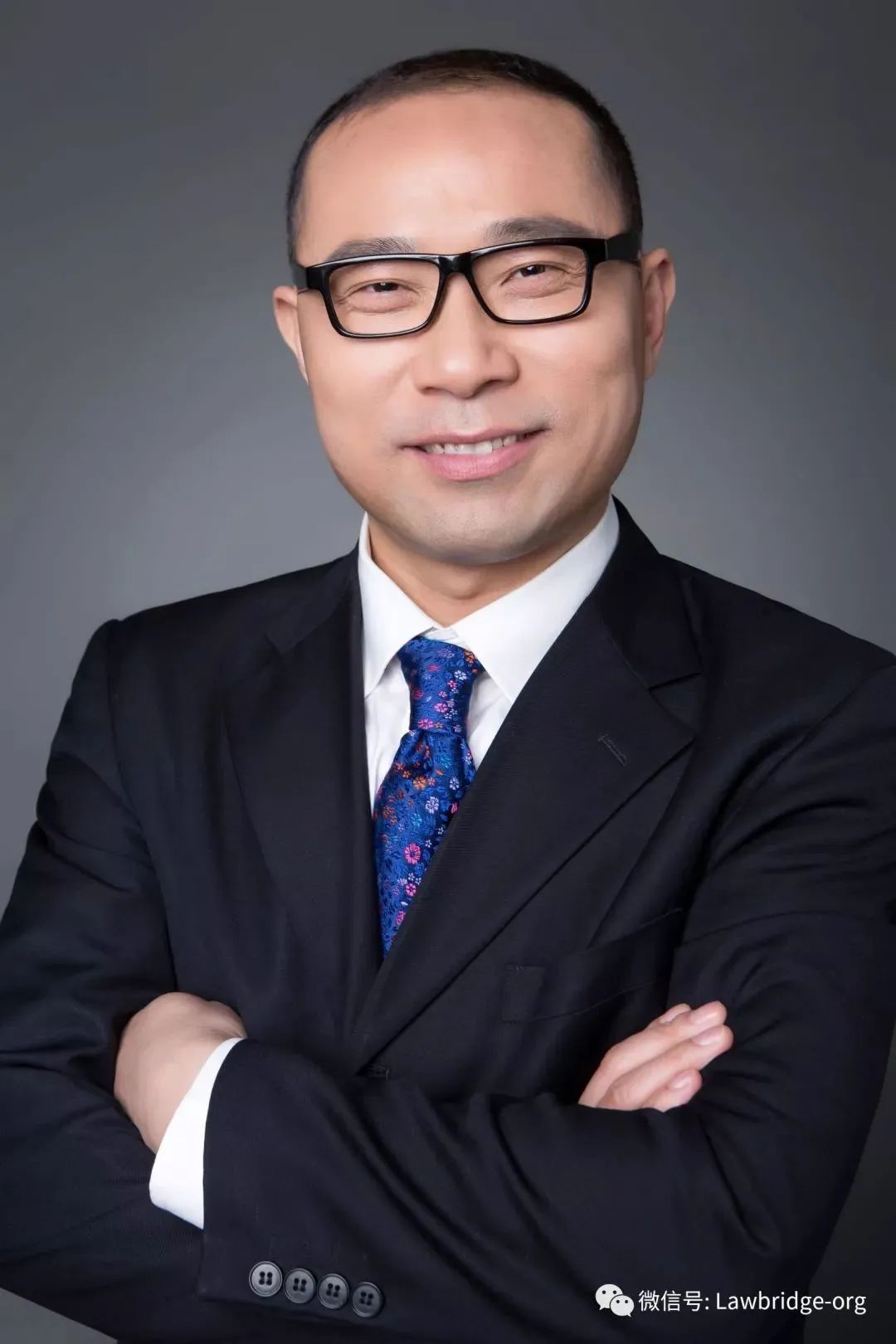
Mail:
chambers.yang@dentons.cn
Leader of the private equity and investment fund professional group and TMT industry group of Beijing Dacheng (Shanghai) Law Firm, deputy director of Dacheng China Science, Technology, Culture, Leisure and Entertainment Professional Committee, and member of Shanghai’s foreign-related legal talent pool. Bachelor of Laws from Fudan University (1992), Master of Laws from University of Technology Sydney (2001), Master of Laws from East China University of Political Science and Law (2001).
Attorney Yang has been practicing law for 28 years and has long been engaged in private equity funds, investment and financing, and mergers and acquisitions legal services, covering TMT, big finance, big health, real estate and infrastructure, exhibition industry, manufacturing and other industries. Since 2004, he has been specially recommended or commented by The Legal 500 and Asia Law Profiles many times. Since 2016, he has been continuously selected as one of the "100 Outstanding Lawyers in China" by China Business Law Journal, an internationally renowned legal media, and won the "China Business Award" from Leaders in Law - 2021 Global Awards. "Corporate Law Expert of the Year" title; listed in the first "Excellent Lawyers & Law Firms Recommended by Well-known Corporate Law Firms in China"; won many awards such as Lawyer Monthly and Finance Monthly's "China TMT Lawyer Award" and "China M&A Lawyer Award" . Qualified as an independent director of listed companies, he is a part-time professor at East China University of Science and Technology Law School, a part-time tutor at Fudan University Law School, a part-time graduate tutor at East China University of Political Science and Law, a lecturer at Shanghai Jiao Tong University’s private equity CEO class, and a lecturer at the Shanghai Municipal Commerce Commission’s transnational management talent training class. Published 16 monographs including "Practical Operations and Case Reviews of Enterprise Legal Risk Prevention and Control", "Winning Capital 2: A Complete Operational Guide to the Company's Investment and Financing Model Process", and "Practical Operations of Risk Prevention and Control of Private Equity Investment Funds". Attorney Yang’s practice areas include: companies, investment M&A and private equity funds, capital markets, TMT, real estate and construction projects, as well as dispute resolution in the above fields.
AUTHOR
Lawyer Sunzhen
Partner of Dacheng (Shanghai) Law Firm

e-mail:sun.zhen@dentons.cn
Before practicing law, Mr. Sun served as executive assistant to the president or vice president of the global, Asia-Pacific or China regions in Fortune 500 companies such as Watts, Ingersoll Rand and Alcatel-Lucent in the United States. He accumulated rich experience in corporate operation management and has the qualifications Excellent bilingual communication and coordination skills in Chinese and English. Attorney Sun published "Private Equity Investment Fund Risk Prevention and Control Operational Practice" and published dozens of articles in the fields of mergers and acquisitions, funds, and e-commerce. Attorney Sun’s areas of expertise are: private equity investment, corporate mergers and acquisitions, e-commerce and labor law matters.
AUTHOR
LiJiaxin
Paralegal at Dacheng (Shanghai) Law Firm

He holds a bachelor's degree in law from Fudan University. He has participated in the due diligence of multiple parent funds in selecting fund managers and establishing sub-fund projects, due diligence of fund investment target companies, and daily legal services related to fund raising, investment, management and exit.







































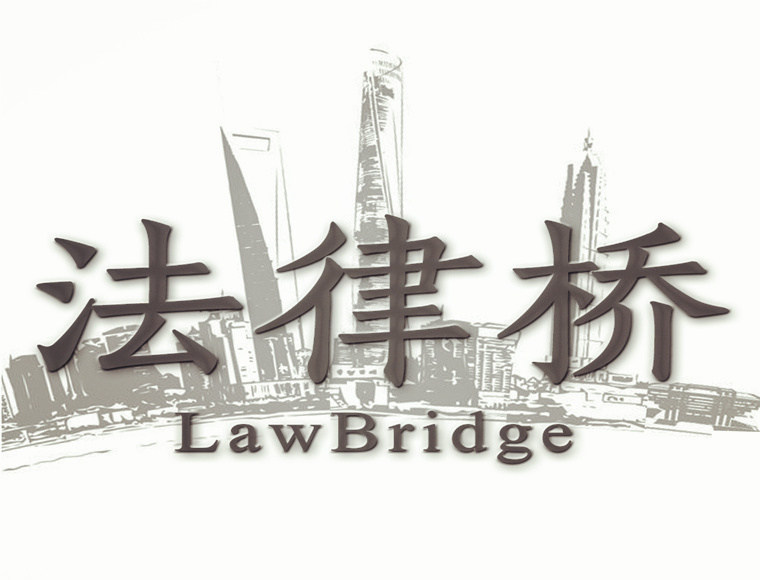
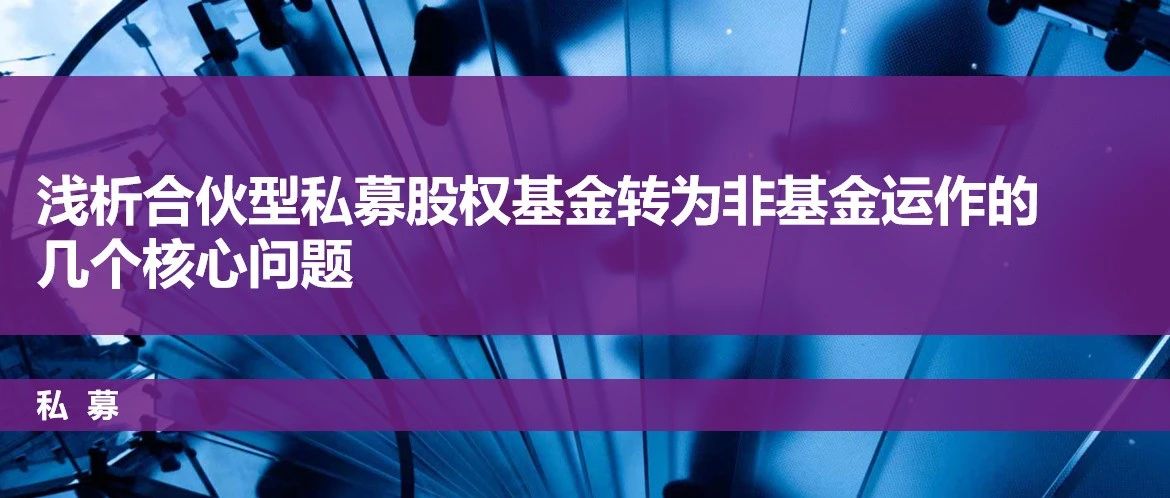

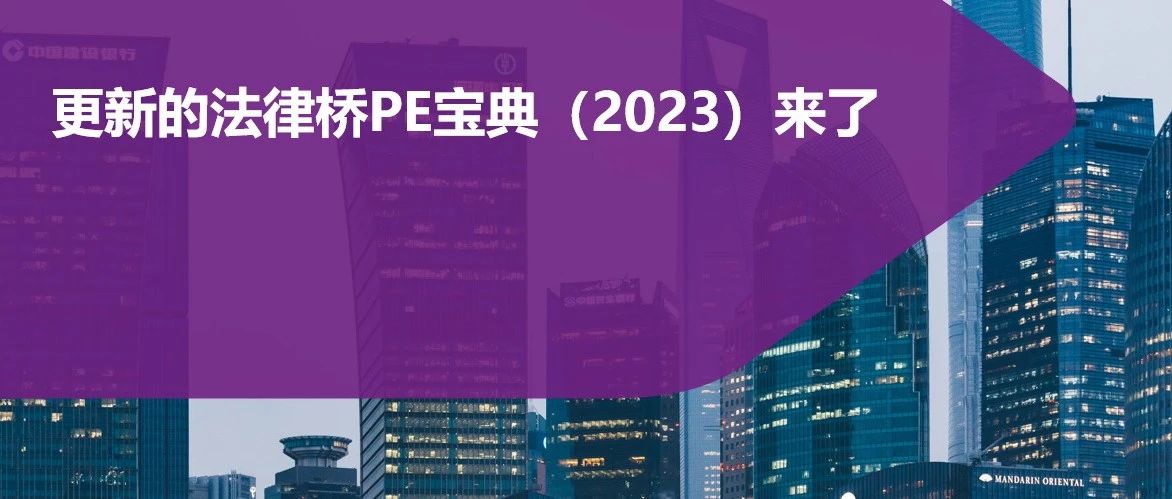









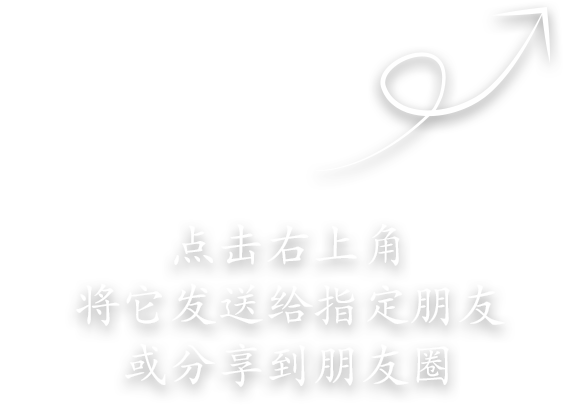
First, please LoginComment After ~